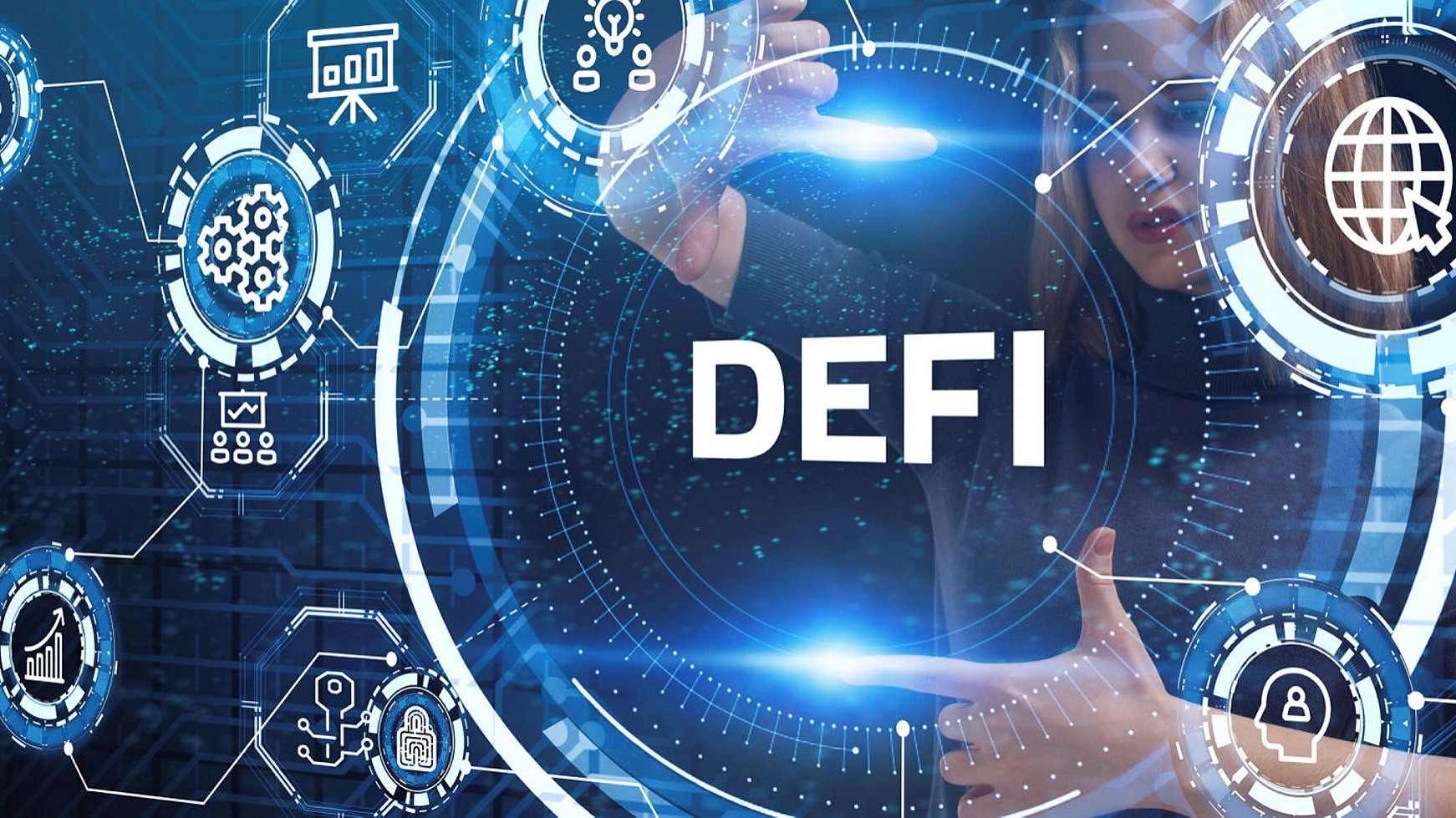The world of cryptocurrency has been continuously evolving since the introduction of Bitcoin in 2009. One of the most significant advancements in recent years is the emergence of Decentralized Finance, commonly known as DeFi. DeFi has revolutionized the traditional financial system by leveraging blockchain technology to offer a wide range of financial services without the need for intermediaries like banks. In this blog post, we delve into the concept of DeFi, its impact on the crypto ecosystem, and its potential to transform the way we interact with finance.
Understanding DeFi: What Is It?
DeFi refers to a collection of financial services and applications built on blockchain networks, predominantly on Ethereum. Unlike traditional finance, which relies on centralized intermediaries like banks, DeFi operates on smart contracts, programmable codes that facilitate secure, transparent, and automated transactions. These smart contracts remove the need for intermediaries, enabling peer-to-peer interactions and a trustless financial ecosystem.
The Core Components of DeFi
Decentralized Exchanges (DEXs): These platforms enable users to trade cryptocurrencies directly from their digital wallets, eliminating the need for a central authority to hold funds.
Lending and Borrowing Platforms: DeFi lending protocols allow users to lend their cryptocurrencies and earn interest, while borrowers can access funds by providing collateral.
Stablecoins: Stablecoins are cryptocurrencies pegged to a stable asset like the US dollar, providing stability and reducing volatility in DeFi transactions.
Automated Market Makers (AMMs): AMMs are used in decentralized exchanges to determine the price of assets based on a predefined algorithm, ensuring continuous liquidity and enabling seamless trading.
Yield Farming and Liquidity Mining: Users can participate in yield farming by providing liquidity to DeFi protocols, earning rewards in the form of additional tokens.
Advantages of DeFi
Accessibility: DeFi opens up financial services to anyone with an internet connection, allowing users from underserved regions to access banking and financial tools.
Transparency: All transactions and smart contracts in DeFi are recorded on the blockchain, providing complete transparency and auditability.
No Middlemen: DeFi eliminates the need for intermediaries, reducing fees and improving efficiency in financial transactions.
Financial Inclusion: DeFi enables individuals without access to traditional banking services to participate in the global financial system.
Challenges and Risks
While DeFi has the potential to revolutionize finance, it also faces several challenges and risks:
Smart Contract Risks: Vulnerabilities in smart contracts can lead to hacks and security breaches, resulting in the loss of funds.
Regulatory Uncertainty: The regulatory landscape surrounding DeFi is still evolving, creating uncertainty for users and developers.
Liquidity Issues: Some DeFi platforms may face liquidity challenges, impacting their ability to provide stable and efficient services.
The Future of DeFi
Despite the challenges, the future of DeFi looks promising. As the technology matures, we can expect increased adoption, improved security measures, and a wider array of financial services available in the DeFi ecosystem. DeFi has the potential to democratize finance, empowering individuals with greater control over their assets and providing new opportunities for financial inclusion.
Conclusion
Decentralized Finance (DeFi) is undoubtedly a game-changer in the evolution of the crypto landscape. By leveraging blockchain technology and smart contracts, DeFi offers a trustless, transparent, and accessible financial ecosystem. As the DeFi space continues to grow and innovate, it has the potential to revolutionize traditional finance, empower individuals with financial autonomy, and pave the way for a more inclusive and decentralized financial future. However, as with any emerging technology, users should exercise caution, conduct thorough research, and be aware of potential risks when participating in DeFi protocols. As the world embraces the DeFi revolution, we can anticipate exciting developments and transformative changes in the financial industry, shaping the way we interact with money and assets in the years to come.



